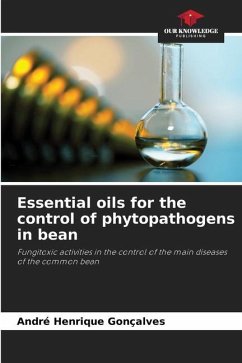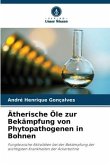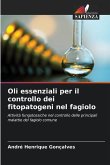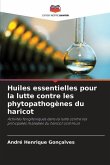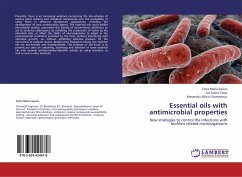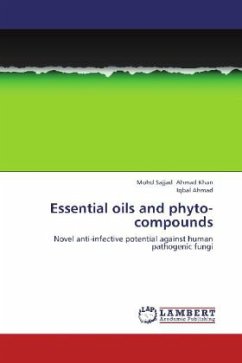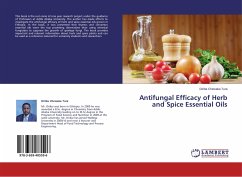With the advance of the organic plant production system, there is interest in the search for new agricultural practices that replace conventional methods of disease control. In view of this, attention has been focused on the use of alternative methods to traditional fungicides, which are efficient with minimum environmental impact and danger to consumers. Secondary compounds present in medicinal plants may play important roles in plant-pathogen interactions, through direct antimicrobial action, or by activating defence mechanisms of plants that are treated with these compounds. The development of research with essential oils or crude extracts, produced from medicinal, aromatic and invasive plants, has indicated the potential to control phytopathogens, both through direct phytoxicity and physiological alterations in the plant. In addition, essential oils have antimicrobial activity against a variety of pathogens and can be used as an alternative control of diseases in agriculture.
Bitte wählen Sie Ihr Anliegen aus.
Rechnungen
Retourenschein anfordern
Bestellstatus
Storno

